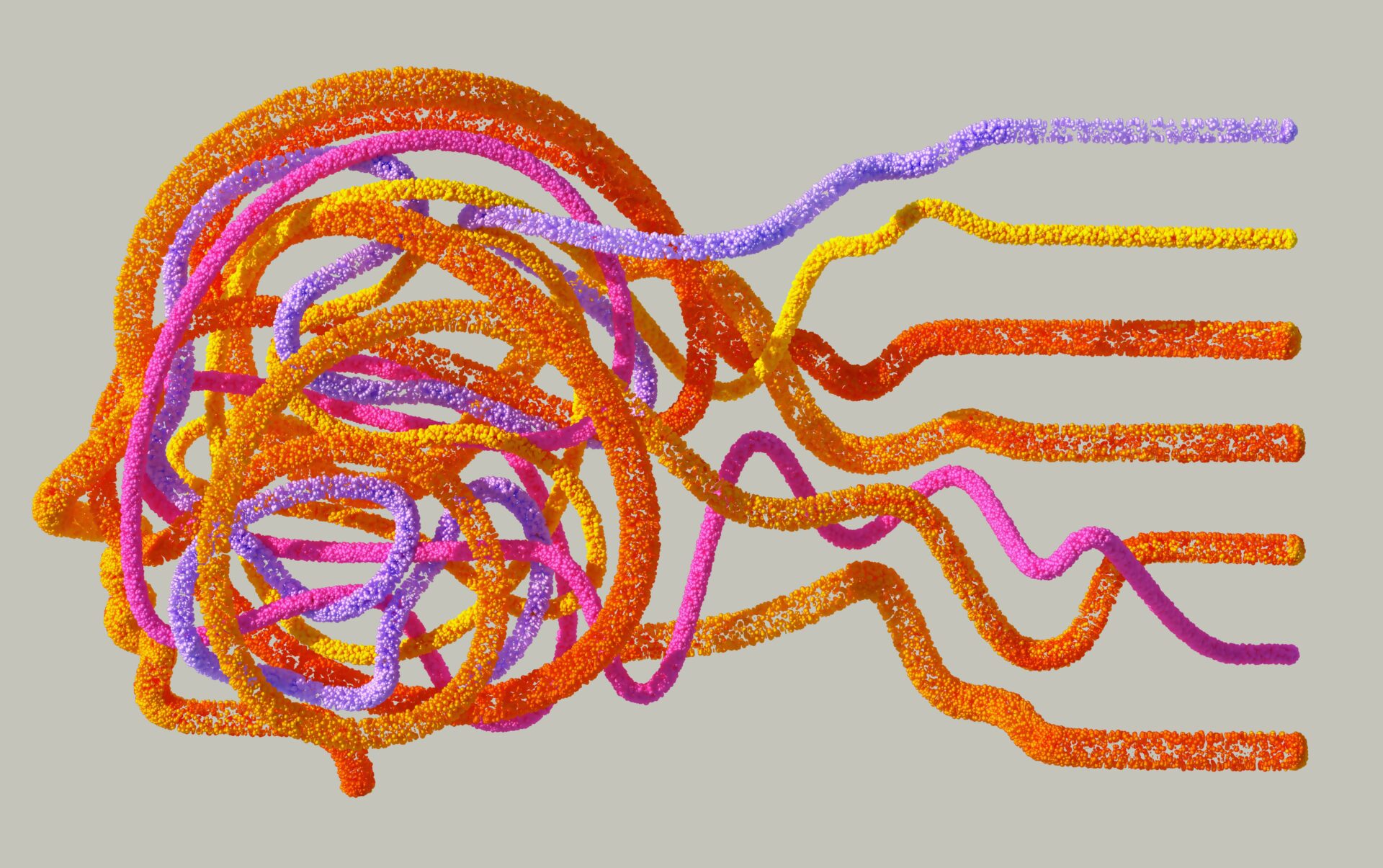Everyday life with conviction: Where responsibility is truly lived
More and more people are getting involved in everyday life, whether in their private lives or for social causes. Younger people prefer flexible, project-based forms of engagement, while older people value reliability and experience. Obstacles such as time constraints or a lack of recognition remain – but targeted initiatives can make a big difference. What counts is not the size of the commitment, but the willingness to take on responsibility.






